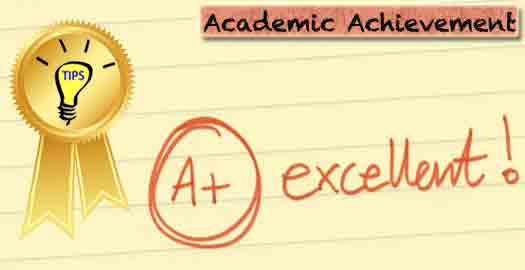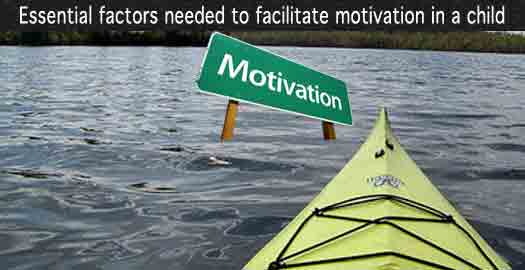As the summer sun slowly sets and we return from the New Jersey Shore, I get excited for the upcoming academic school year. While this transition is viewed with apprehension for some students, we can turn fear into excitement with mental preparation. Spending 23 years of my life obtaining a doctorate has taught me a few things about how to perform well in school. Here are a few tips that may help your child increase academic achievement.
- Begin to adopt school bed time and sleep routine now. Studies have demonstrated that a good sleep routine will lead to better health. If a sleep routine is practiced in the same manner each night, it will become second nature for students. We want to decrease levels of stimulation well before we get into bed. First, decrease exercise at least 2 hours before bed, (b) turn off electronics such as TV computers and cell phones, (c) dim the lights in your child’s room, (d) have him brush his teeth, (d) read him a story. If you meet resistance, move sleep time back gradually but still try to keep the routine similar. Studies have demonstrated an increased need for sleep, especially among the teenage population.
- Begin getting in the habit of reading. Especially in elementary school, there is a great amount of resistant to the task of reading and writing logs. If you are dealing with a child that is highly resistant to reading but highly interested in sports, begin with reading high interest materials such as Sports Illustrated for Kids. If necessary, alternate reading sentences or paragraphs depending on the length of the material. Start small and increase the length of reading in smaller segments. Whatever you choose to read, make sure it is on your child’s reading level. When you are finished, have your child write a sentence about what he has read.
- Get organized early. When you make your trip to the supply store think about color coordinating notebooks and folders by subject. For example, a blue folder and notebook may be used for history, a red notebook and folder can be used for mathematics, a yellow notebook and folder may be used for language arts, and a green notebook can be used for science. Place a subject label in the same location for the corresponding notebook and folder. If too many folders and notebooks are an issue, try consolidating everything into one binder, a five subject notebook or one accordion folder.
- Learn your way around the new school. If your are dealing with an apprehensive student who is transitioning to a new school, take a visit to the school before the first day. Most administrators are already in school year round. With a little planning, you can tour the school and see your classroom. Walk around the school and take note of the rooms such as the main office, gymnasium, auditorium, and lunch room. Once your child has created a mental map of the building, gently quiz them, “How do we get from the main office to the classroom? If you are lucky, you may see your teacher setting up the classroom.
- Write down homework in a planner. A majority of the students I worked with who have had homework completion challenges, neglected to write down homework in a school agenda. Instead, they rely on their own memory or the teacher to post homework on the portal. What makes this even more perplexing is that the majority of schools in New Jersey and beyond hand out planners on the first day of school. Nothing helps a student prioritize their homework or plan a long tern assignment better than writing it and seeing it on a calendar. This is an essential component to developing executive functioning skills.
- Break the year into quarters. At times, the length of the school year can feel lengthly and overwhelming. The best way to re-think this would be to imagine the year as if it were a football game. Break it into quarters. Before you know it, Halloween will be here and you will be on your way to the Christmas Break.
Dr. John Macri is a licensed psychologist, certified school psychologist and sport psychologist. He maintains a private practice in Ridgewood, New Jersey entitled New Jersey Clinical and Sport Psychology. Please visit us at www.njsportpsychology.com.




